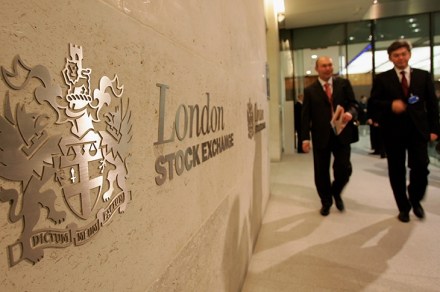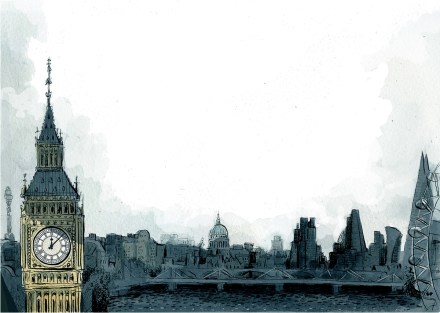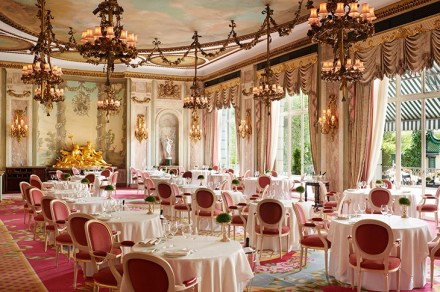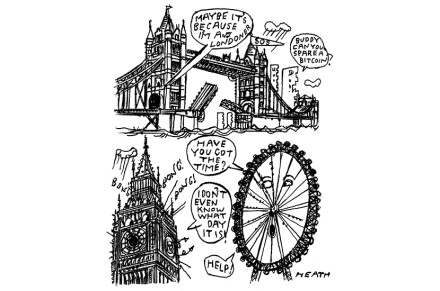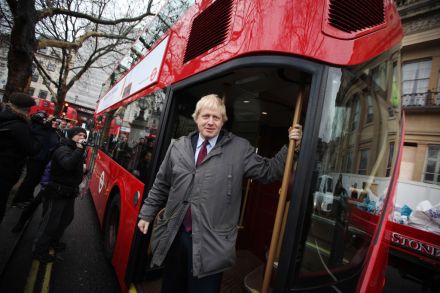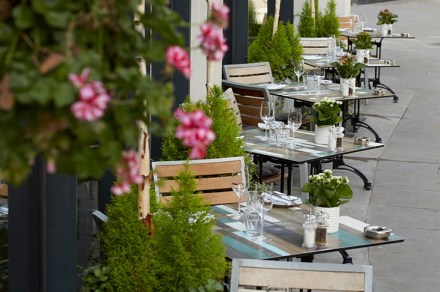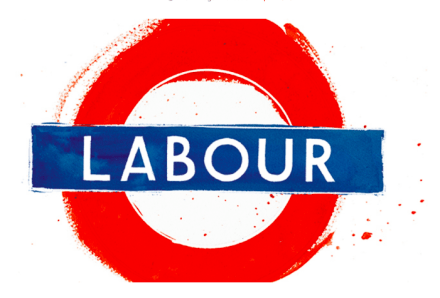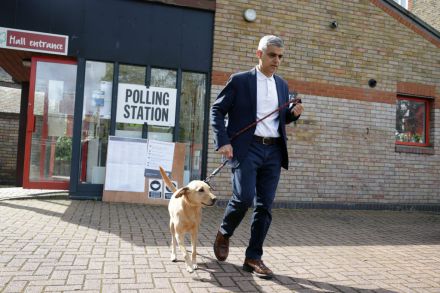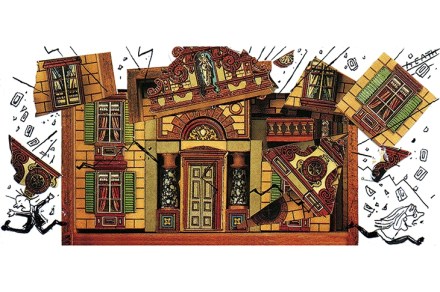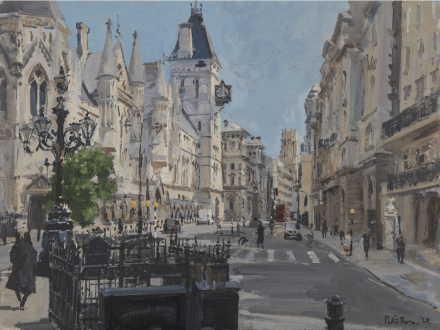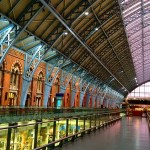Can London’s floods be explained by climate change?
It’s climate change again, innit. It didn’t take long for Sunday’s flooding in London to be put together with Canada’s recent heatwave and the floods in Germany and China to be used as ‘evidence’ of ever-accelerating climate change – giving us even less time to save the world than previously thought. ‘More rain as Londoners call out climate change,’ screamed a headline on City A.M., alongside pictures of water pouring through Stratford DLR station and cars stuck on the North Circular. Sunday’s flash floods have also brought an old favourite out of the closet: a map purporting to show large parts of London which will be underwater by 2030 –



